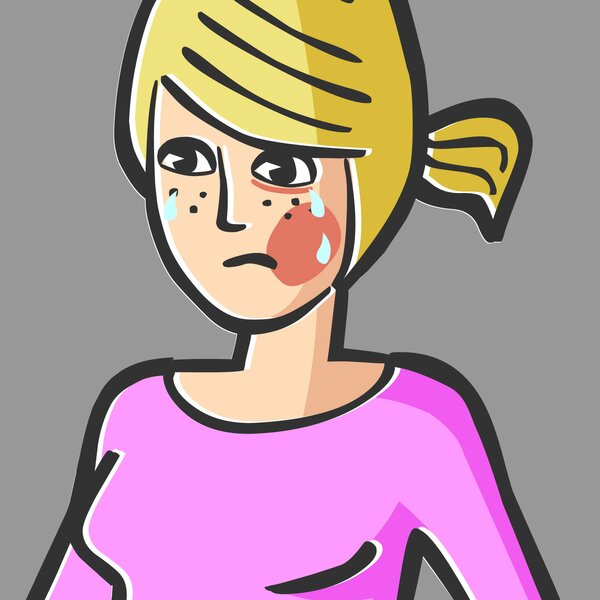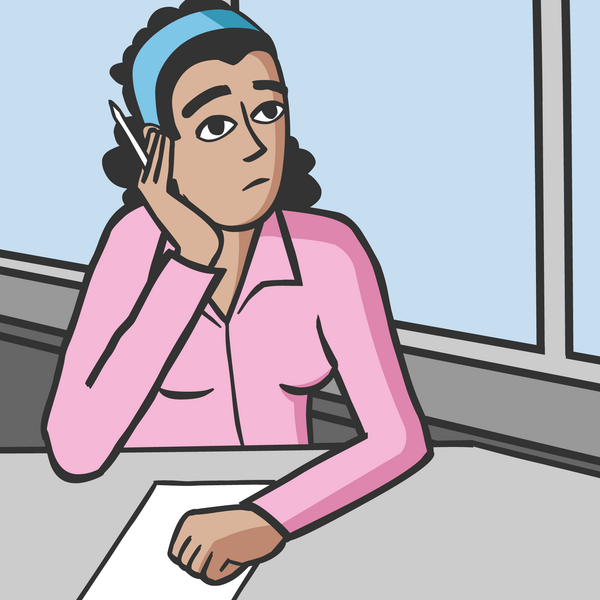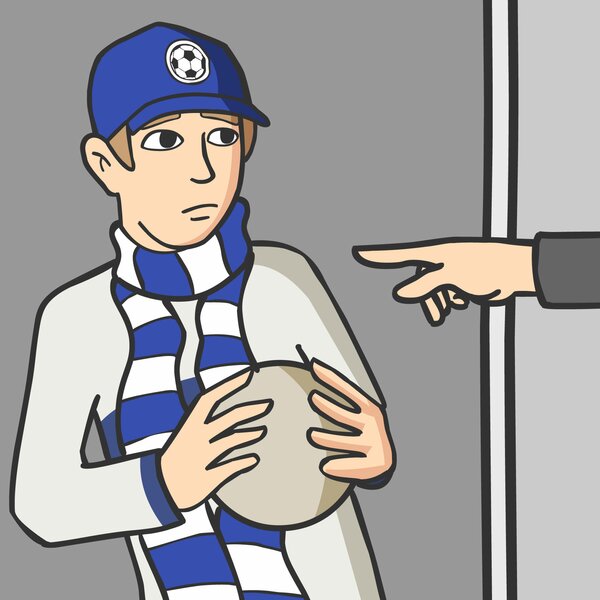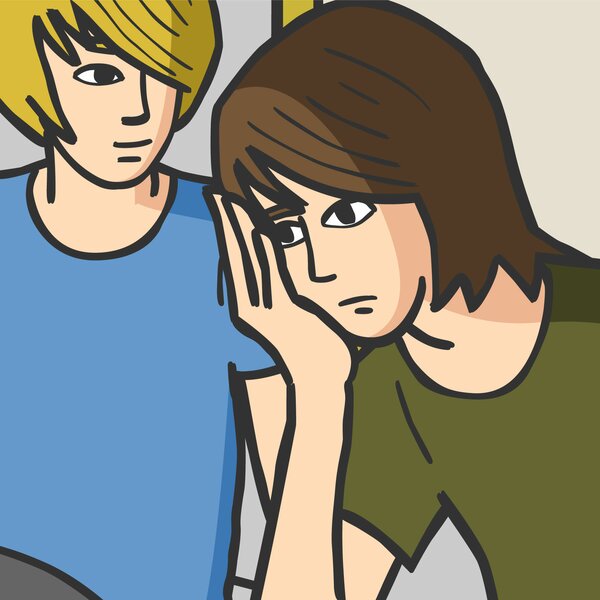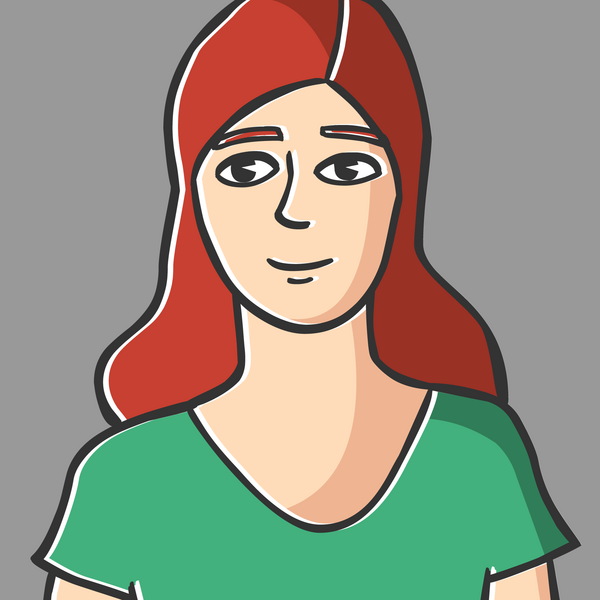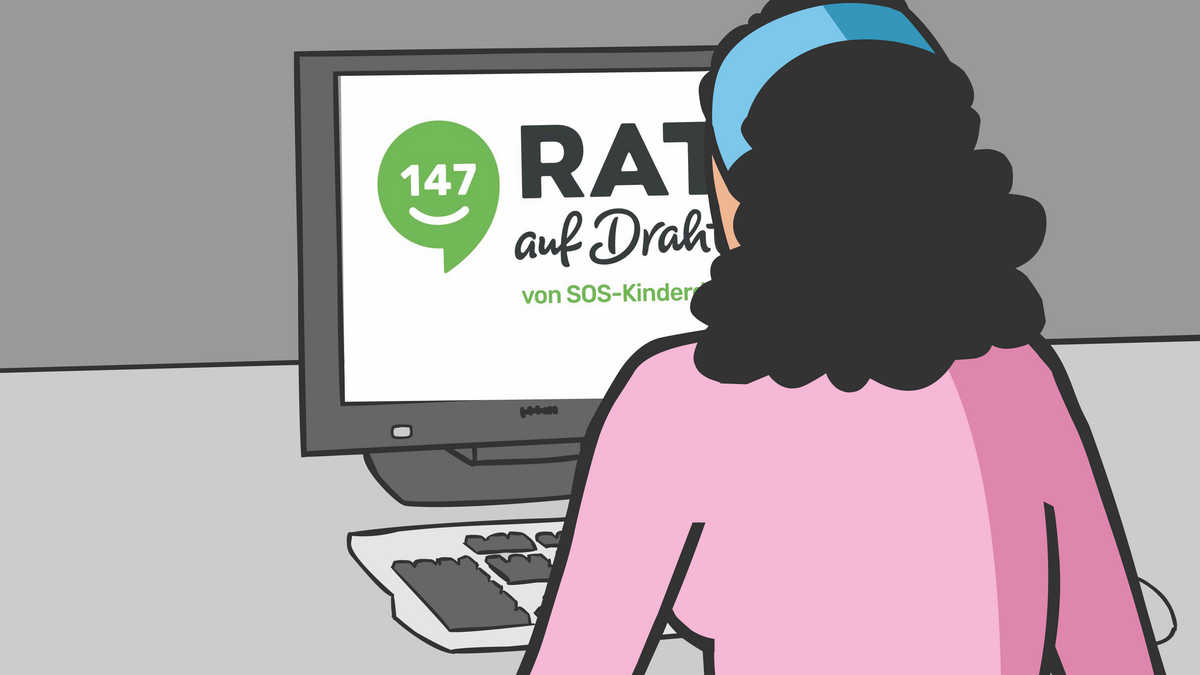Murat’s story"I also want to change.“
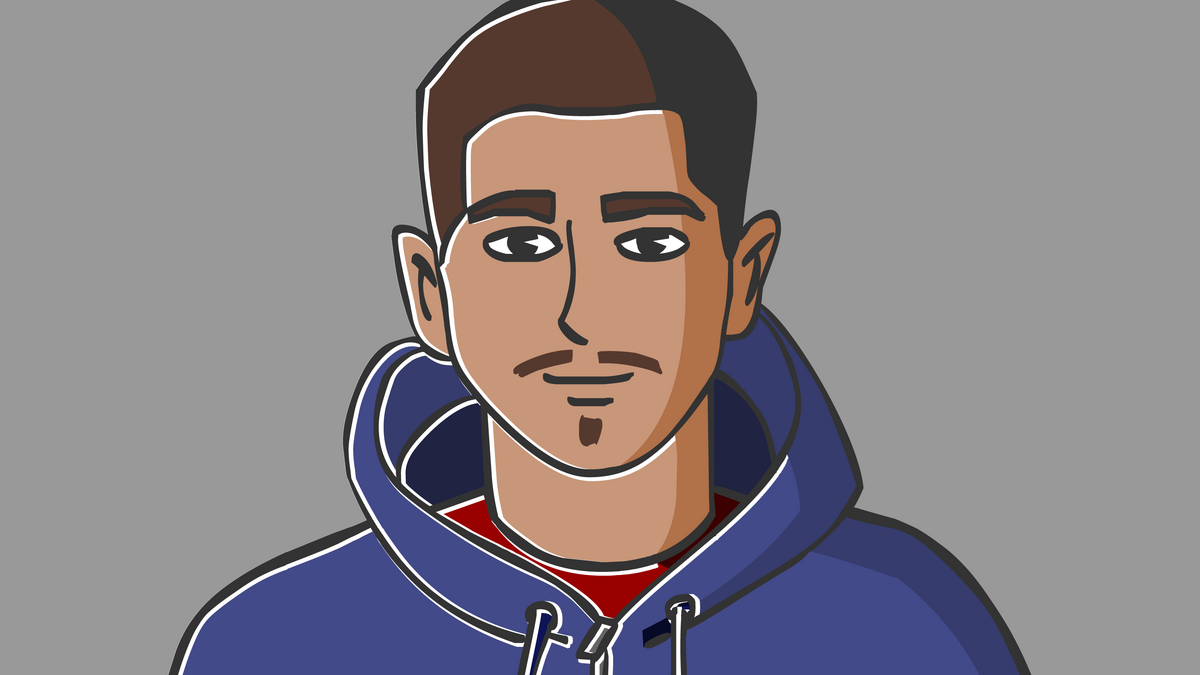
My father has to go to anti-aggression training. And me? I also want to change. I don’t want to be a father who beats his children.
I was chilling out with my friend in the playground. We were bored. I said ‘Let’s beat up the next person who comes that we don’t like the look of.’ So then someone arrived with colourful clothes and a funny hairstyle. My friend said out loud: ‘Hey, look at that queer over there!’
The man ignored us and continued on his way. That made me angry and I laid into him. I punched him, and then the police came. Someone had called them. We were taken to the police station and our identities checked. My friend was picked up by his parents but mine couldn’t be reached. Because it was so late, they took me to a crisis centre.
I sat in the waiting room and was livid, at the police, at this man, at everything. And I didn’t want to talk. What was there to talk about? I pulled my hoodie over my face. A social worker came into the room and sat down next to me.
I didn’t look up. I wanted her to know that I wasn’t interested in her blabber. She asked me if I wanted help. I didn’t answer. She wouldn’t let up, however, and said I should first listen to where I was and what she could do for me. Then I could still decide whether I wanted any help or not.
So I went into the counselling room. Instead of moaning at me, she asked how I was. I still said nothing. Then she crouched in front of me suddenly and smiled up at me and asked: ‘Is anyone home?’ I couldn’t help laughing.
She really wanted to know and kept on asking whether I was angry, whether I was often bored, whether I was often aggressive, and so on.
It’s new for me that someone should be really interested in how I am. She really wanted to know and kept on asking whether I was angry, whether I was often bored, whether I was often aggressive, and so on.
Then she said that she had to try and reach my parents, as they were entitled to know where I was. She couldn’t let me go until my parents arrived to take care of me. If there was some reason why I shouldn’t go home, however, I should tell her. I started to shake. I didn’t notice it, but she did. She asked me what I was afraid of.
The question hit home. Suddenly I started to talk – about my father and how quickly he got annoyed and started hitting. That he only hit my mother and me, not my little brother. That we never knew how he’d react when someone said or did something wrong. That he’d always been like that, at least as long as I could remember.
I don’t want to be a father who beats his children. My social worker thinks that’s a good ambition.
‘And what do you want? Do you want things to be different?’ she asked me. I’d never thought about whether things could change. I’d got used to it. But I wanted things to be different. I wanted my mother and I not to be afraid of my father anymore. I didn’t want her to think badly of my father, so I said that he loved us and worked for us, and that I messed up a lot. She said that was all well and good but he had to stop hitting.
Since then I’ve been living in a crisis centre. I see my parents regularly during meetings with my social worker.
My father has promised to change because he doesn’t want to lose us. He has to go to anti-aggression training where he learns anger management. My mother goes to a women’s advice centre. She wants to learn how she can protect herself and us children from violence. She told my father that she would leave him if he hit her or me again.
And me? I also want to change. I don’t want to be a father who beats his children. My social worker thinks that’s a good ambition. I think I’m on the right track.

